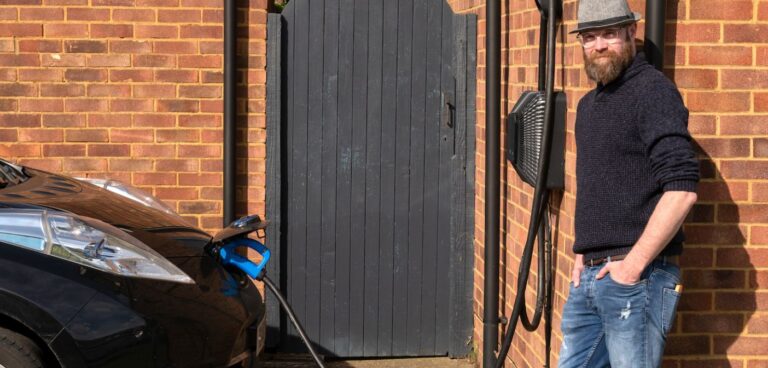A year-long trial in Milton Keynes, delivered by CrowdCharge, has revealed the financial and environmental benefits of vehicle-to-grid (V2G) EV charging.
The trial, named the Domestic Energy Balancing EV Charging project, was delivered by CrowdCharge for Milton Keynes Council, with Flexitricity as a partner.
EV drivers in Milton Keynes trialled smart chargers and V2G chargers for 12 months, with some participation from households with solar panels installed.
The idea of the trial was to see how use of smart chargers and V2G charging technology could relieve pressure on the national grid, as an increasing number of UK households switch to privately-owned EVs.
V2G charging is designed to enable EV users’ batteries to store energy and send it back to the national grid at peak times.
The Milton Keynes trial revealed savings of 40% on charge cycle costs for some users, with participants saving £2,242 as a combined whole, which worked out to £15 a month on average.
Read more: Electric Nation V2G charging project reduces home energy bills
The overall carbon emissions of the participants were reportedly lowered by 25%, though those using V2G were, at times, able to charge with zero emissions and discharge at periods of high carbon intensity.
Mike Potter, CEO of CrowdCharge, said: “We’ve shown that different technologies can help prevent local electricity networks being overloaded, but the key is the intelligent management of such technologies.
“Successfully integrating these systems can mean that EV drivers can benefit from greener energy as well as energy cost saving.”
Some other key takeaways from the project included the difficulty of integrating key green technologies, such as battery storage, into the home environment.
The trial’s platform was provided by CrowdCharge, which is now making the same energy optimisation services available to its customers.





